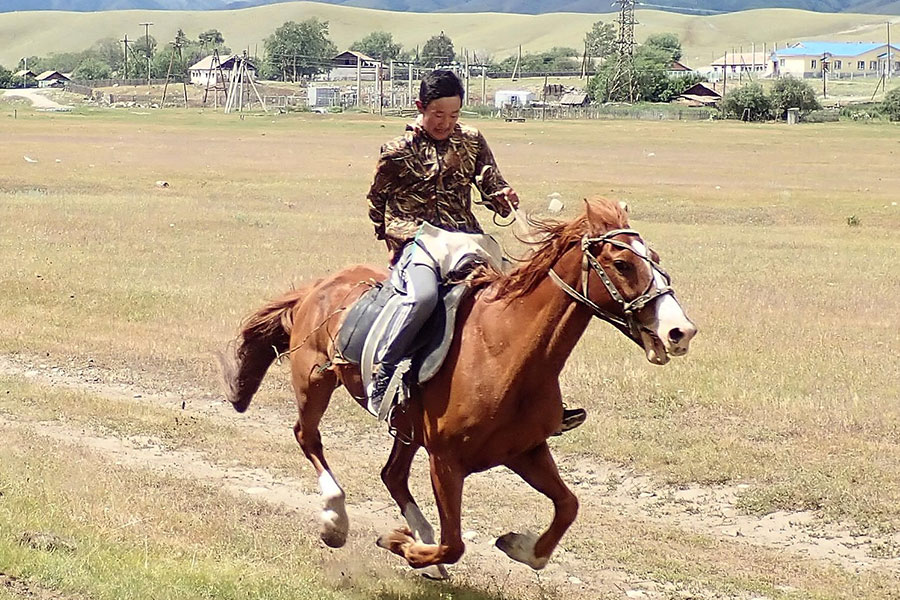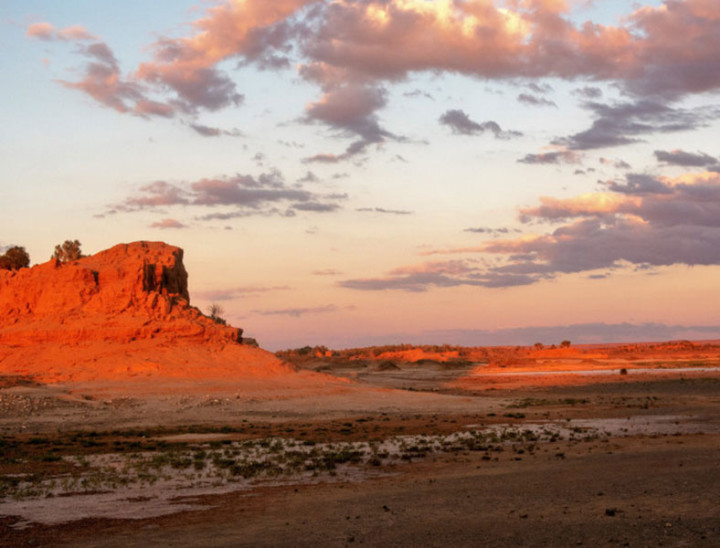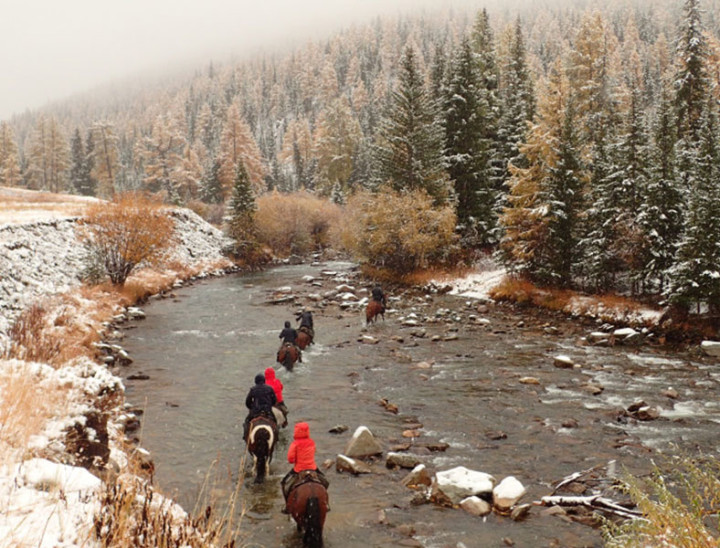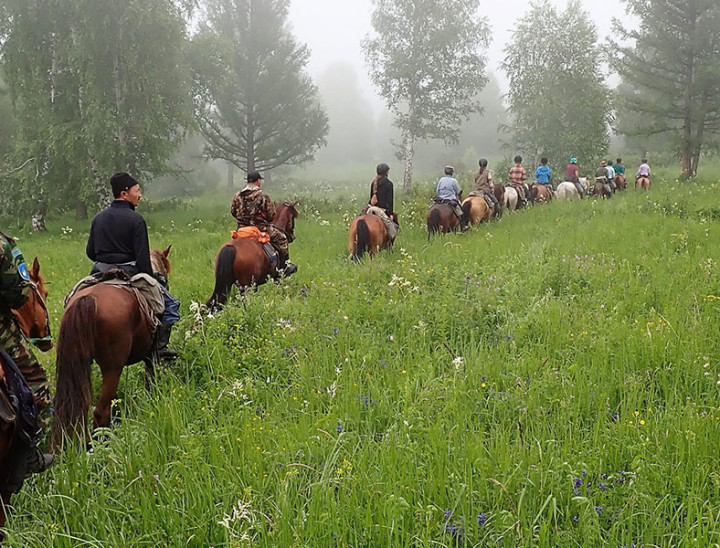Is my health at risk if I travel?
The risk of actually catching covid-19 and getting seriously ill while riding in Mongolia is perhaps the least of your worries. As mentioned in our most recent newsletter, Mongolia, in particular, is almost infection-free, and on track to get rid of the virus completely. Considering that it is one of the least densely populated places on earth, social distancing is easy (not so much in the capital Ulaanbaatar, but you won’t be riding there anyway).
The real danger, of course, comes when funnelling through an airport and squeezing on to a plane, along with the masses. If you thought the endless queuing and security checks currently in place were frustrating, that’s sure to get worse. But if it helps to reduce the chances of finding yourself sitting next to an infected person, you will put up with it. This recent Washington Post article discusses sanitizing aircraft cabin air – let’s hope it improves.
You will almost certainly need to confirm your health status before boarding a flight and on arrival at immigration. At the very least this will involve a temperature scan. Rapid blood testing is already happening at Dubai airport, despite concerns over accuracy and what happens as a result of the test. Eventually, you may require confirmation that you have been vaccinated (expect 12 to 18 months or more before that happens).
In the unlikely event that you do catch covid-19 in a country such as Mongolia, you need to consider how you would get treated. For our trips, we require you to have travel insurance, so you can get private medical care, and evacuation home. But that is less likely to be an option now (see below).




